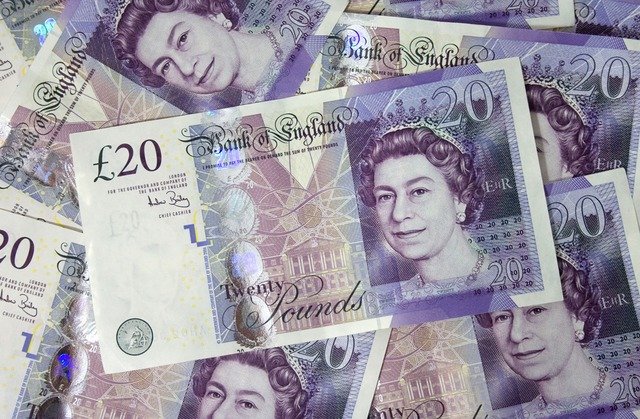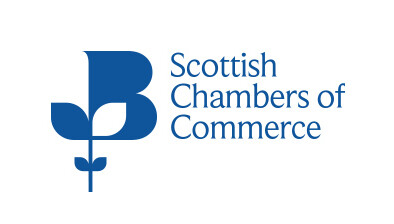Tax rise fears grow as UK borrowing soars to £20.7bn

UK government borrowing has reached a higher-than-expected £20.7 billion in June, fuelled by soaring debt interest payments that place Chancellor Rachel Reeves under increasing pressure ahead of her Autumn Budget.
The Office for National Statistics (ONS) data revealed the deficit was £6.6bn higher than in June 2024 and significantly above the £17.1bn forecast by the UK’s fiscal watchdog. The figure represents the second-highest June borrowing since records began in 1993.
The sharp increase was driven by government debt interest costs, which surged to £16.4bn – the second-largest such payment since 1997. The ONS attributed this to movements in the retail price index, to which interest on index-linked government bonds (gilts) is tied.
“Higher than expected government borrowing pushed up UK gilt yields and pulled down the UK stock market,” said Russ Mould, investment director at AJ Bell.
“10-year gilt yields briefly nudged up to 4.645%, which is the market’s way of saying it isn’t impressed with the state of public finances. Soaring debt interest payments haven’t helped and the situation will further stir speculation that the government will have to put up taxes in the Autumn Budget.
“Housebuilders were knocked by the public sector finance figures as the rise in gilt yields suggests the market believes interest rates could stay higher for longer. Housebuilders are desperately waiting for rates to come down as that could make mortgages more affordable and help more people get on the property ladder.
“Banks also fell on the news as the prospect of a tax hike is negative for consumer and business sentiment, potentially leading to more hesitance around borrowing money.
“Admiral was one of the top fallers on the FTSE 100 after the financial regulator said it is looking hard at the insurance industry and implied it would get heavy with firms involved in poor practices. The FCA expressed concern about the cost of paying for insurance premiums monthly and that claims weren’t being handled promptly and fairly.”
The weak public finances threaten the Labour government’s ability to meet its fiscal rule of funding day-to-day spending from revenues. Economists suggest the Chancellor’s previous £9.9bn of headroom has now become a deficit.
Darren Jones, chief secretary to the Treasury, said the government remains “committed to tough fiscal rules, so we do not borrow for day-to-day spending and get debt down as a share of our economy”.







